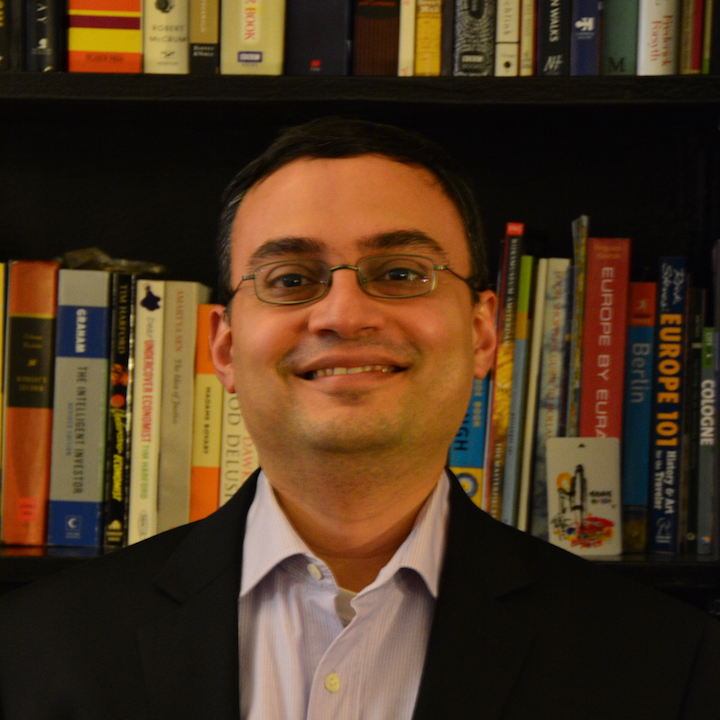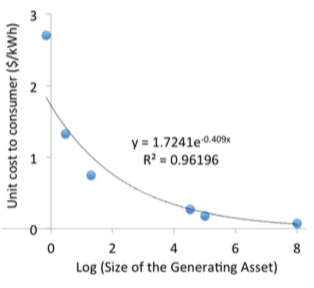Innovation for Emerging Markets : Novel Business Models to Supply Energy to the Rural Poor
A quarter of the world’s population does not have access to electricity, and relies on expensive, hazardous, and polluting alternatives for basic needs such as lighting. A framework that combines perspectives from the strategy, entrepreneurship and organization science literature is used to analyse the business models of 47 organizations, which deliver modern energy services to this mostly poor, rural population. The research seeks to understand the marketing innovations and multi-level collaborations that theory suggests are essential for the success of social entrepreneurs. Vivid illustrations of such work are found. The data suggest that the returns associated with serving this population are low and multinational corporations play a small and indirect role. The poor also pay significantly more for basic energy services than the better-off. As such, even though the organizations studied are often more effective than the state at providing basic energy services, it is essential that state and non-state actors collaborate to deliver energy to the poor in manner than ensures greater efficiency and equity.

